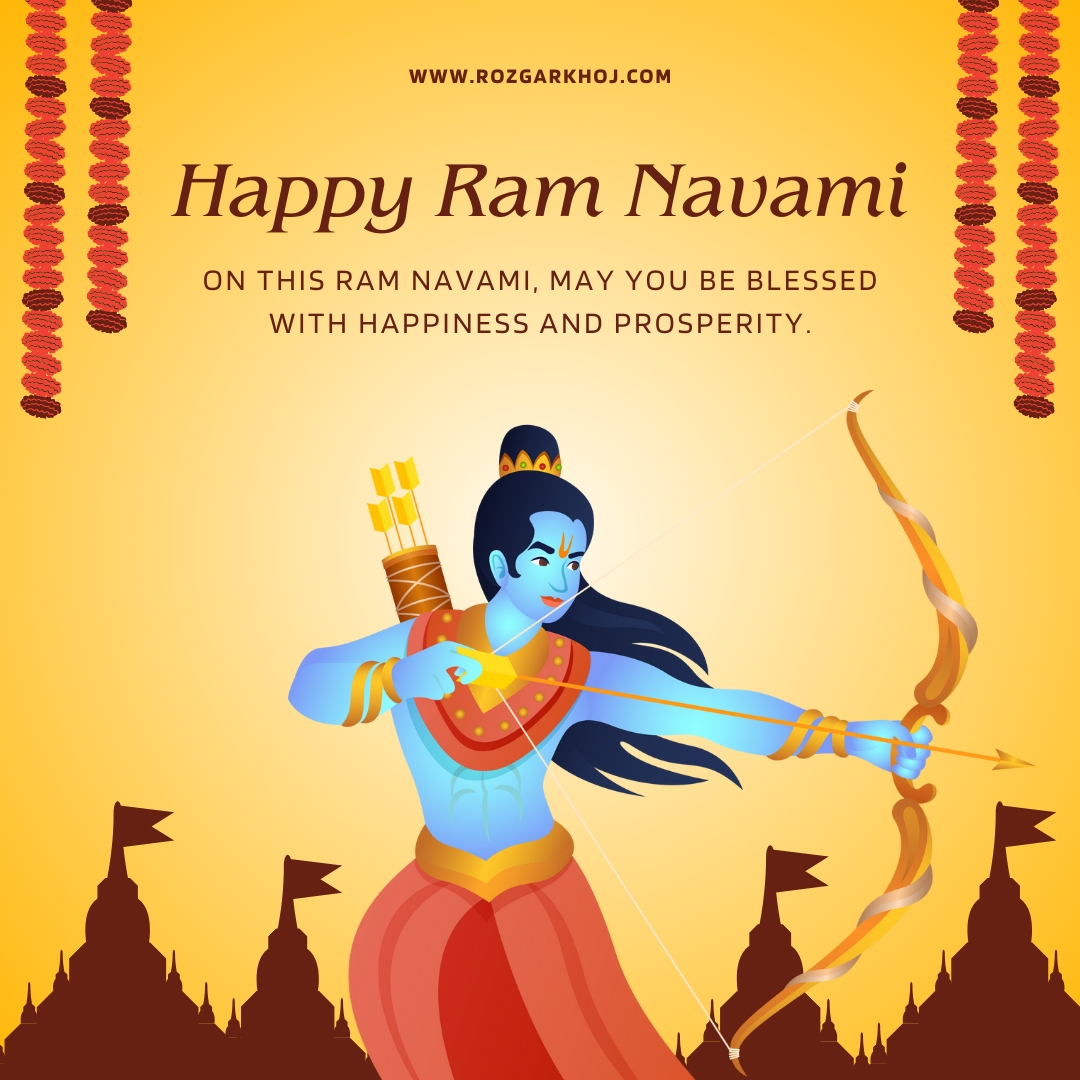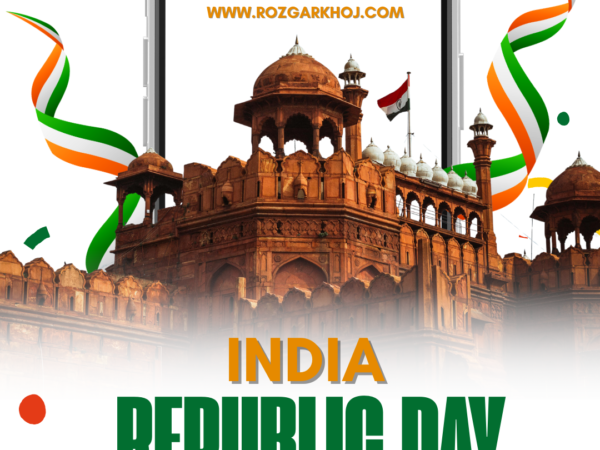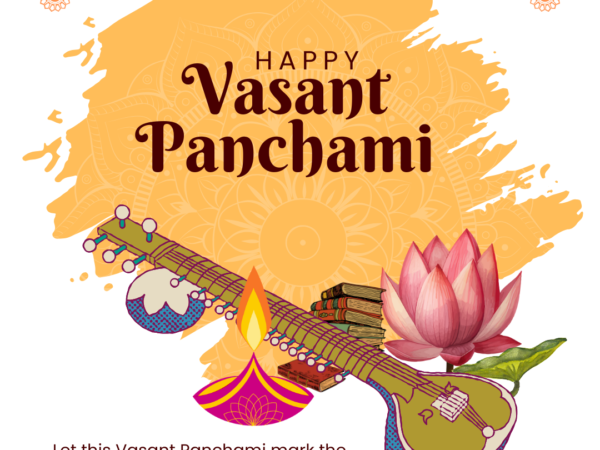Introduction
Ram Navami is one of the most significant Hindu festivals, celebrated with immense devotion and enthusiasm across India and various parts of the world. The festival marks the birth anniversary of Lord Rama, the seventh incarnation of Lord Vishnu, who is revered as Maryada Purushottama, the epitome of righteousness, virtue, and dharma. In 2025, Ram Navami will be observed on April 6, a day filled with prayers, rituals, and celebrations dedicated to the divine hero of the Ramayana.
The Significance of Ram Navami
Ram Navami holds great religious and cultural significance in Hinduism. According to ancient scriptures, Lord Rama was born on the ninth day (Navami) of Chaitra month in the Hindu lunar calendar. His life and teachings, narrated in the Ramayana, continue to inspire millions to follow the path of truth, duty, and compassion.
The day symbolizes the victory of good over evil, as Lord Rama defeated the demon king Ravana, restoring peace and righteousness on earth. His life serves as an ideal example of a dutiful son, a loving husband, a valiant warrior, and a just ruler, embodying the highest virtues of humanity.
Rituals and Traditions of Ram Navami
The festival of Ram Navami is celebrated with various rituals and customs, reflecting the deep spiritual and cultural heritage of Hinduism. Some of the most common practices include:
1. Fasting and Prayers
Devotees observe fasts (vrat) on Ram Navami, seeking blessings from Lord Rama. Some choose a complete fast, consuming only water, while others opt for a phalahar vrat, consuming fruits and milk. Special prayers and bhajans dedicated to Lord Rama, Sita, Lakshmana, and Hanuman are performed in homes and temples.
2. Temple Celebrations
Temples dedicated to Lord Rama, such as Ayodhya’s Ram Janmabhoomi, Rameswaram Temple, and Bhadrachalam Temple, witness grand celebrations. Devotees offer flowers, fruits, and sweets to the deity while participating in Ram Katha recitations, chanting verses from the Ramayana.
3. Akhand Ramayana Path
Many households and temples organize Akhand Ramayana Path, a continuous recitation of the Ramayana, which lasts for 24 hours. This sacred act is believed to bring peace, prosperity, and divine blessings.
4. Processions and Rath Yatra
In various cities, grand processions of Lord Rama’s idols are carried out on chariots (Rath Yatra), accompanied by devotees singing bhajans and chanting Jai Shri Ram. These processions depict scenes from the Ramayana, showcasing Rama, Sita, Lakshmana, and Hanuman.
5. Dramatic Performances – Ramlila
In some regions, theatrical enactments of Lord Rama’s life, known as Ramlila, are performed. These plays illustrate major events from the Ramayana, including his exile, the battle with Ravana, and his return to Ayodhya.
6. Charitable Acts
Ram Navami encourages acts of charity and service. Devotees distribute food, clothes, and other essentials to the poor and needy. Free meals (prasad) are offered at temples and community centers.
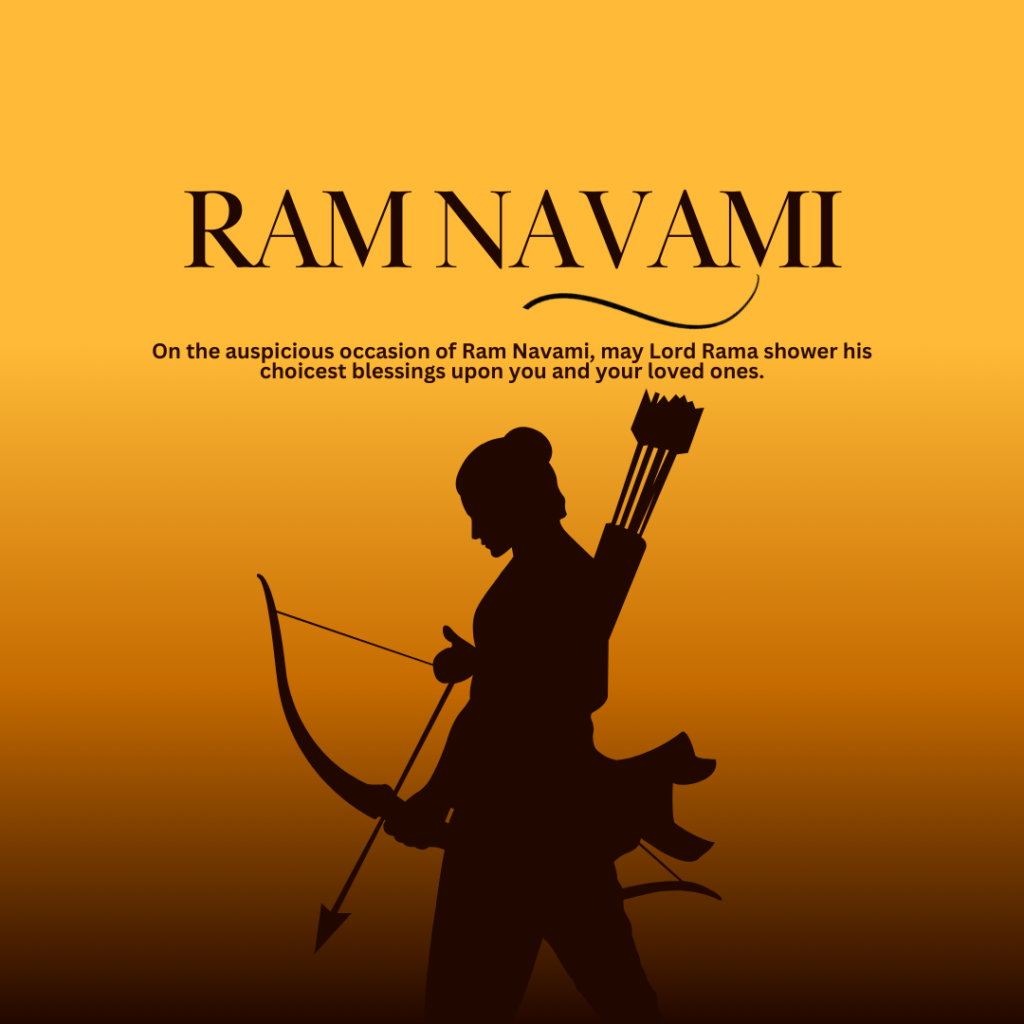
Celebrating Ram Navami in Ayodhya
The city of Ayodhya, the birthplace of Lord Rama, is the epicenter of Ram Navami celebrations. Millions of devotees visit the Ram Janmabhoomi Temple to offer prayers. Saryu River ghats witness thousands taking holy dips, believing it to be a purifying act.
In 2025, with the recent construction of the Ram Mandir, the celebrations are expected to be even more grand and historic. Special religious events, cultural programs, and spiritual discourses will take place, attracting pilgrims and tourists from around the world.
The Spiritual Message of Ram Navami
Ram Navami is not just a festival but a reminder of the virtues that Lord Rama embodied. His unwavering faith in dharma, respect for relationships, and commitment to truth continue to guide humanity.
- Dharma (Righteousness): Lord Rama always followed the path of dharma, upholding truth and justice.
- Devotion and Faith: His devotees, like Hanuman and Bharat, displayed unwavering faith and dedication.
- Compassion and Humility: Despite being a king, he remained humble and kind to all.
- Family and Relationships: His respect for his father, love for his brothers, and dedication to Sita set an ideal example.
How to Celebrate Ram Navami at Home
Even if one cannot visit temples, Ram Navami can be celebrated at home in meaningful ways:
- Early Morning Puja: Start the day with a bath, wear clean clothes, and set up a sacred space for Lord Rama’s idol or image.
- Chanting Mantras: Recite mantras like “Om Sri Ramaya Namah” and the Hanuman Chalisa for divine blessings.
- Reading the Ramayana: Read or listen to stories from the Ramayana, focusing on its teachings.
- Cooking Special Offerings: Prepare sweets like panakam, kosambari, and panchamrit as prasad.
- Engaging in Charity: Donate to the needy and support social causes in the spirit of dharma.
- Meditation and Bhajans: Spend time in meditation and sing devotional songs glorifying Lord Rama.
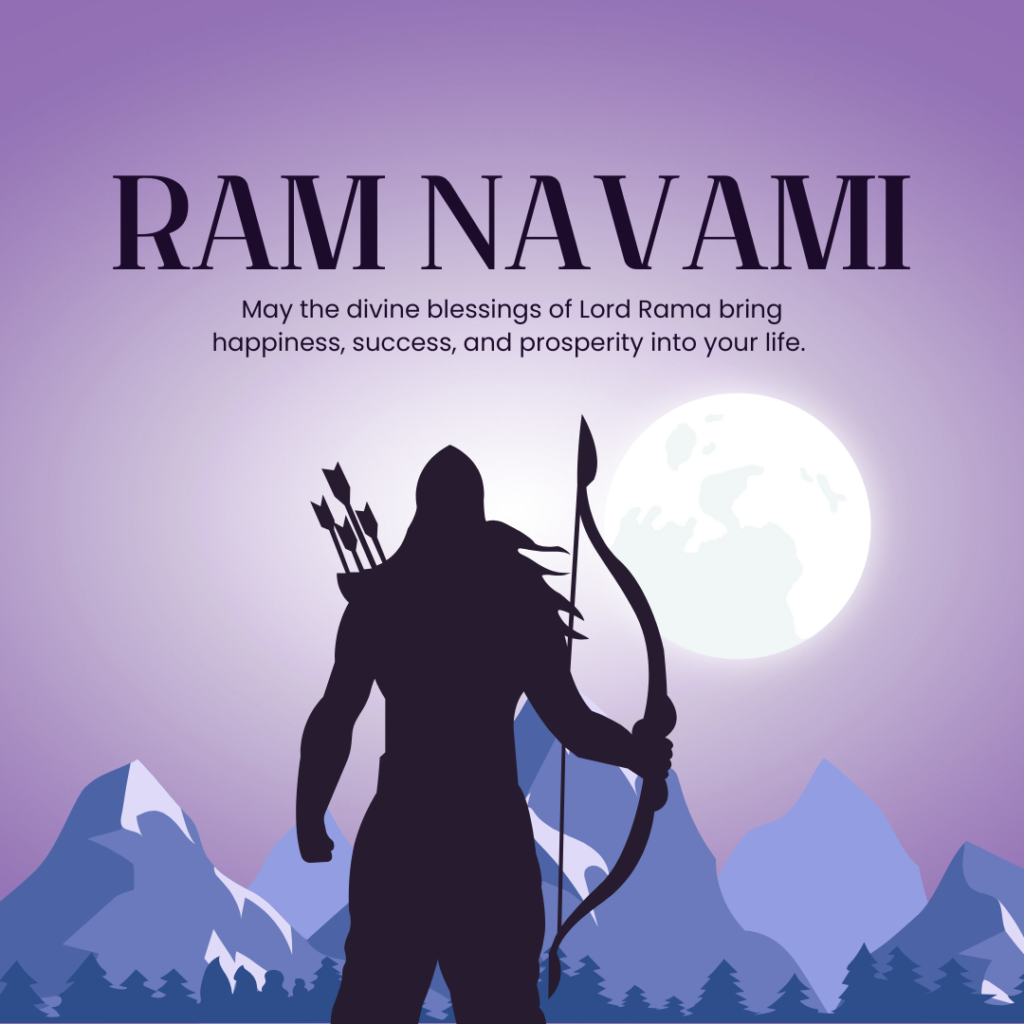
Ram Navami Across India
Different regions celebrate Ram Navami with unique customs:
- North India: Grand temple processions, fasting, and Ram Katha recitations are common.
- South India: Temples conduct Kalyanotsavam, a ceremonial wedding of Lord Rama and Sita.
- Maharashtra: Devotees offer prayers in temples like Nasik’s Kalaram Temple.
- West Bengal & Odisha: The day coincides with Chaitra Navratri, with special Durga pujas.
- Gujarat & Rajasthan: Community feasts and devotional music programs are held.
Conclusion
Ram Navami 2025 is not just a religious festival; it is a celebration of divine virtues, faith, and the eternal principles of righteousness. It reminds us to walk on the path of truth and dharma, just like Lord Rama. Whether celebrated in temples, at home, or through acts of service, the festival brings a sense of peace, devotion, and divine joy.
As we prepare to welcome Ram Navami 2025 on April 6, let us immerse ourselves in the bhakti of Lord Rama, spreading the message of love, righteousness, and unity. Jai Shri Ram!

